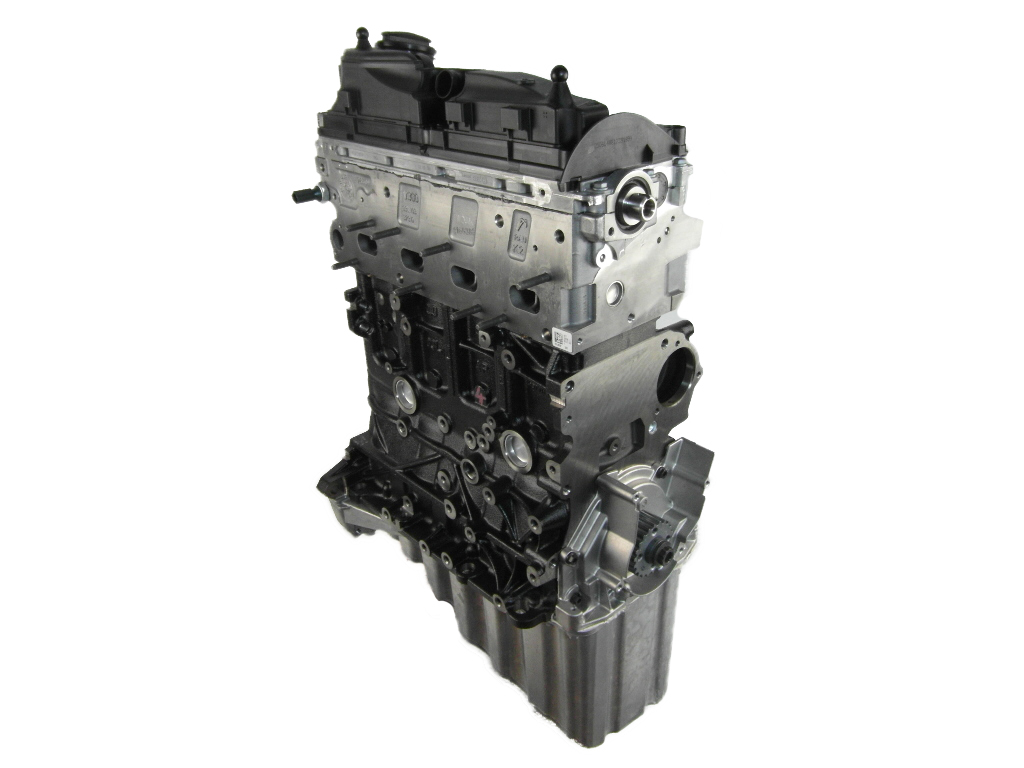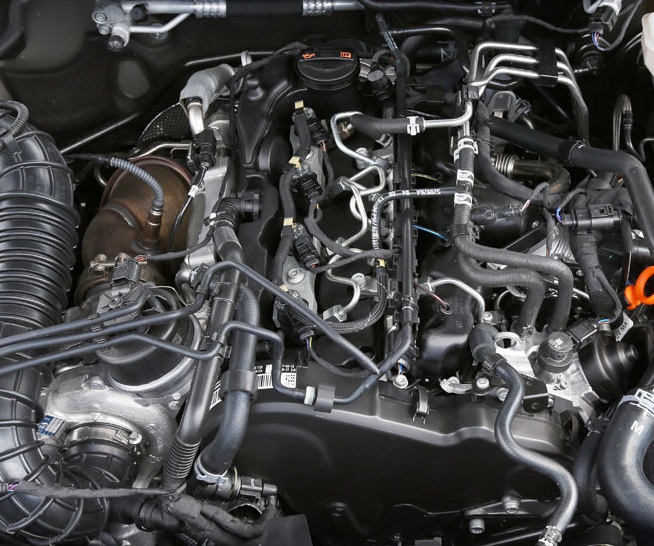Discover a Wide Selection of Amarok Engine for Sale-- Best Selections for Your Automotive Requirements
Discover a Wide Selection of Amarok Engine for Sale-- Best Selections for Your Automotive Requirements
Blog Article
Browsing the Refine of Engine Option: Key Variables to Take Into Account
The process of engine choice is a diverse venture that demands careful analysis of a number of important aspects to guarantee alignment with operational goals. Efficiency needs, fuel effectiveness, and financial constraints are just the start; factors to consider around ecological effect and upkeep support play a crucial function in the decision-making structure. Comprehending how each of these aspects communicates can significantly influence the efficiency and longevity of your investment. The ins and outs of each variable might not be quickly noticeable, triggering more exam of just how to purposefully navigate this complex landscape.
Efficiency Requirements
When choosing an engine, it is critical to establish clear efficiency requirements that line up with the intended application. Efficiency requirements include a range of elements, consisting of power outcome, torque characteristics, and responsiveness, which have to be customized to the specific needs of the car or machinery concerned.
Power output, normally gauged in horsepower, figures out the engine's capability to move a car or carry out a task successfully. Torque, on the other hand, is essential for applications calling for strong initial acceleration or hefty training abilities. An understanding of the functional environment is likewise vital; for example, engines developed for off-road applications might need various performance characteristics contrasted to those intended for highway usage.
Furthermore, take into consideration the operational load and task cycle, as these factors affect the engine's longevity and dependability. In high-load situations, a durable engine design may be needed to prevent premature wear or failure.
Fuel Effectiveness Factors To Consider
While performance requirements are crucial, fuel effectiveness is just as essential in the engine selection process, as it straight influences operating prices and ecological sustainability. Fuel-efficient engines take in much less gas per unit of work done, which not only decreases general expenditure however additionally decreases greenhouse gas exhausts. As companies increasingly prioritize sustainability, selecting an engine that maximizes fuel effectiveness can improve company duty and conformity with environmental regulations.
When assessing fuel efficiency, it is important to think about the engine's layout and innovation - amarok engine for sale. Innovations such as turbocharging, direct gas shot, and hybrid systems can substantially improve gas economic climate. Furthermore, understanding the operating problems and responsibility cycles of the engine application is vital; engines might execute in different ways under varying lots and rates
Moreover, manufacturers frequently provide fuel intake information that can be utilized to contrast different engine alternatives. It is a good idea to evaluate these specifications in real-world circumstances to make sure accuracy. Last but not least, the type of gas utilized can additionally influence gas efficiency; different gas may use much better performance and reduced discharges. In recap, fuel performance is a multi-faceted consideration that needs comprehensive evaluation throughout the engine selection process.
Spending Plan and Cost Analysis
Budget plan and expense evaluation functions as a vital element in the engine choice procedure, affecting both short-term investments and long-term functional expenditures. When reviewing prospective engines, it is important to think about not just the initial acquisition cost but also the overall cost of possession, which encompasses installment, maintenance, fuel consumption, and potential downtime.
A comprehensive analysis ought to begin with the upfront expenses linked with the engine, including necessary adjustments or secondary tools. Concentrating solely on first expenditures may lead to misdirected choices. Examining operating prices over the engine's life expectancy is just as vital, as much more expensive engines could offer premium gas effectiveness or minimized upkeep demands, ultimately bring about set you back financial savings.

Environmental Influence Factors
Recognizing ecological effect variables is essential in the engine option process, as sustainability factors to consider have actually come to be increasingly essential for both regulative conformity and company obligation. Organizations should examine the emissions generated by numerous engine types, consisting of co2, nitrogen oxides, particulate matter, and unburned hydrocarbons. These emissions contribute substantially to air contamination and environment change, demanding a cautious evaluation of the engine's environmental footprint.
In addition, fuel type plays a vital duty in environmental effect. Engines powered by renewable energy sources, such as biofuels or hydrogen, tend to have a lower ecological effect contrasted to standard fossil gas. Additionally, the lifecycle analysis of the engine, from production through procedure to disposal, must be thought about look at here now to comprehend the complete range of its ecological effects.

Maintenance and Assistance Choices
When choosing an engine, the accessibility of upkeep and assistance choices is a crucial consideration that can substantially impact functional performance and long life. Comprehensive upkeep plans make certain that the engine operates at peak efficiency and decreases unexpected downtimes. It is crucial to evaluate the producer's assistance network, consisting of the accessibility of qualified professionals and service centers.
Assessing the availability of spare parts is additionally important. A trustworthy supply chain for elements can minimize lead times for repair work and maintenance, thereby improving general efficiency. Additionally, take into go to the website consideration the ease of obtaining technical documentation and training sources, which are crucial for making sure that employees are well-equipped to take care of routine and emergency circumstances.
An additional essential aspect is the warranty and solution contracts provided by the supplier. These contracts can give comfort and economic protection versus unexpected concerns. Ultimately, a proactive technique to upkeep and assistance not only expands the life of the engine but also adds to the overall success of the procedure. Cautious factor to consider of these elements will certainly lead to educated choices that straighten with functional objectives and budgets.
Final Thought
Finally, the process of engine choice necessitates a comprehensive analysis of numerous critical factors, including performance requirements, gas efficiency, budget plan restraints, environmental effect, and maintenance support. By diligently evaluating these elements, educated choices can be made that straighten with functional goals and sustainability objectives. Ultimately, a calculated technique to engine option will make certain optimum efficiency and durability while addressing financial and More hints environmental considerations properly.
While performance needs are essential, gas effectiveness is similarly vital in the engine choice procedure, as it directly influences operating prices and ecological sustainability. As organizations significantly focus on sustainability, selecting an engine that maximizes fuel effectiveness can improve business duty and conformity with ecological guidelines.
Furthermore, understanding the operating conditions and obligation cycles of the engine application is important; engines may perform in different ways under differing speeds and loads. (amarok engine for sale)
Reviewing operating costs over the engine's life expectancy is equally essential, as a lot more pricey engines may provide superior gas efficiency or decreased maintenance requirements, ultimately leading to cost savings.
In conclusion, the process of engine choice necessitates an extensive assessment of numerous important aspects, including performance needs, fuel effectiveness, budget plan restrictions, ecological influence, and maintenance assistance. - amarok engine for sale
Report this page